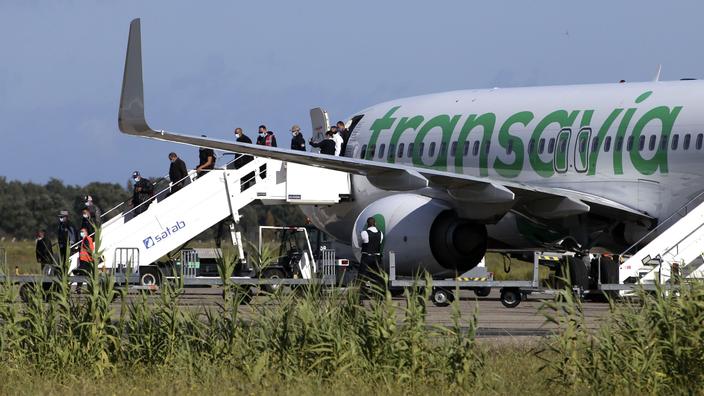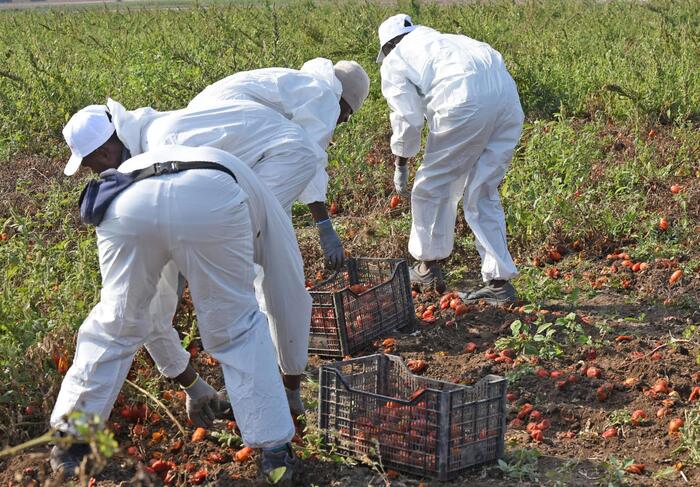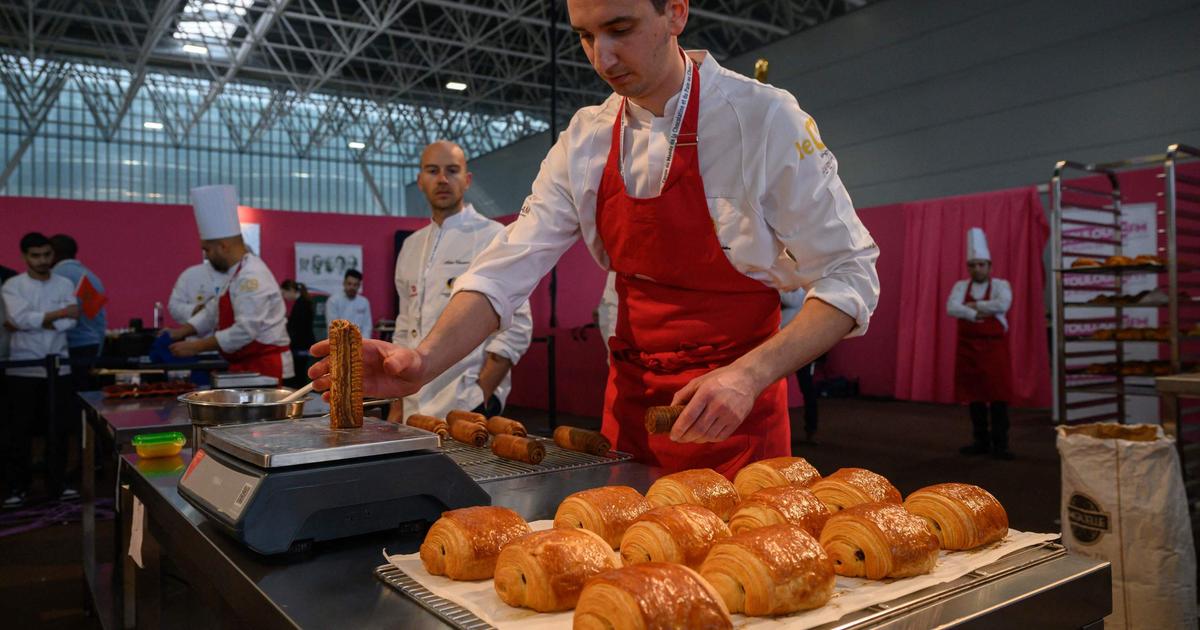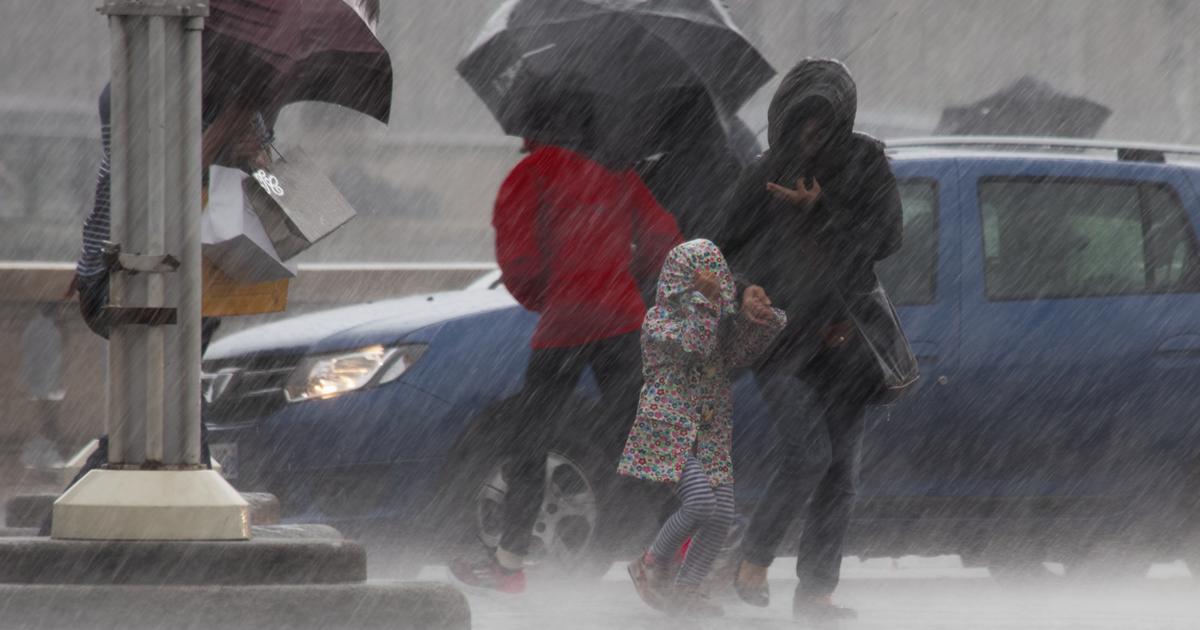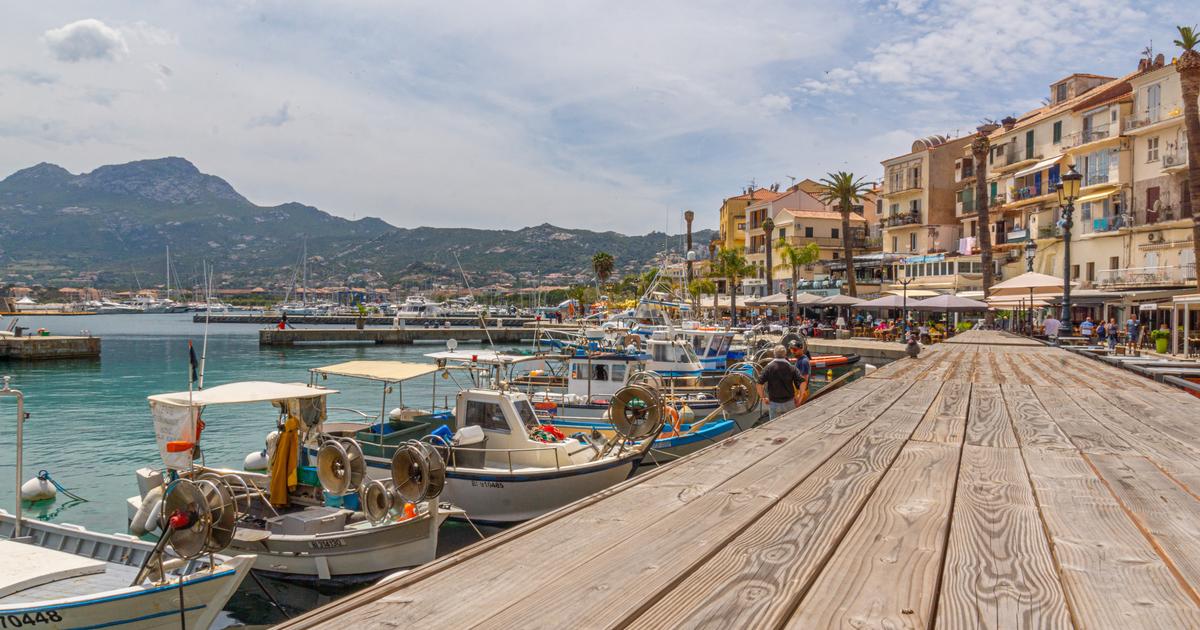“
Without them
”, it was 40% less: according to Corsican clementine producers, it is the Moroccan seasonal workers who “
saved the
island
harvest
”, even if a “
Covid effect
” caused sales to fall by 20% .
“
They allowed the harvest.
Without them, we could not have brought in 40% of the fruit, it would have been catastrophic,
”insisted Thursday to AFP, François-Xavier Ceccoli, producer and president of the Corsica Comptoir group, which brings together 70 producers.
Read also: Faced with the shortage of agricultural labor, the government opens the borders
An "exceptional" sanitary and diplomatic protocol has been put in place between France and Morocco, at the request of Corsican producers, to organize the arrival in October of these 829 seasonal workers, with Covid tests from Morocco and from France. arrival in Corsica.
“
Overall everything went very well.
The 90 farms that were waiting for these specialized workers were thus able to successfully harvest
”, also welcomed François Ravier, the prefect of Haute-Corse, specifying that only ten of these seasonal workers tested positive and immediately isolated.
To silence the bad tongues, François-Xavier Ceccoli wished to recall "that
before calling on this foreign workforce
" announcements had been placed at Pôle Emploi: and it is because these n 'were not provided "
that we were able to recruit foreigners
".
“
The Moroccans we welcome have been coming to Corsica for years.
They are trained in these techniques.
We all know them.
They come back every year, mostly on the same farms,
”he said.
Information confirmed to AFP by one of these seasonal workers, "
very happy
" to return to the Island of Beauty for the third year.
Nearly 28,000 tonnes harvested
Paid at minimum wage (1219 euros net per month), often with increased overtime, for harvest weeks regularly exceeding 35 hours, “
they are housed and their return journey is taken care of
” by the operation, specifies François-Xavier Ceccoli.
In Morocco, the guaranteed minimum agricultural wage is less than 200 euros per month.
But picking clementine requires precision.
You have to work by hand, on the tree, with gloves and pruning shears, to keep a few leaves attached to each fruit, a mark of recognition for island clementines.
Most importantly, these seasonal workers are in control of clementine pruning, which takes place in late December early January.
“
Too much pruned, we have no harvest, not enough pruned, we have too many fruits and too small.
It's a real job, and as there are no citrus fruits in France, with the exception of Corsica, there is no pruning tradition as for the vine for example
”, underlines the producer. .
“
This year, the trees are loaded, so the size is smaller, which is a bit more complicated to sell, and the market pulls less, there is a Covid effect, we are on a decrease of about 20% of sales compared to a normal market
”, he detailed.
In 2018, with the movement of "
yellow vests
" which had given rise to blockages of the transfer bases of clementines in the region of Cavaillon (Bouches-du-Rhône), the slumps had been of the order of 35%.
If the Corsican harvest "
varies between 20 and 30,000 tonnes depending on the year, there we are more around 27,000-28,000 tonnes, while last year we were more at 20,000
", specifies François-Xavier Ceccoli.
A niche, however, in the face of a French clementine market which "
represents a little less than 200,000 tonnes
".
The vast majority of sales therefore remain with the Spaniards and a little in Morocco.
Spain, the largest European producer, produces 1.3 to 1.4 million clementines depending on the year, according to the Corsican producer.
To read also: The "made in Italy" threatened by the lack of manpower
If the shortfall is real this year for the island clementine, coronavirus requires, there is still "
4 to 5 weeks
" of harvest, underlines Simon-Pierre Fazi, president of the PDO fruits of Corsica, which has 160 clementine producers .
What to hope for an upturn in sales as the holidays approach.

